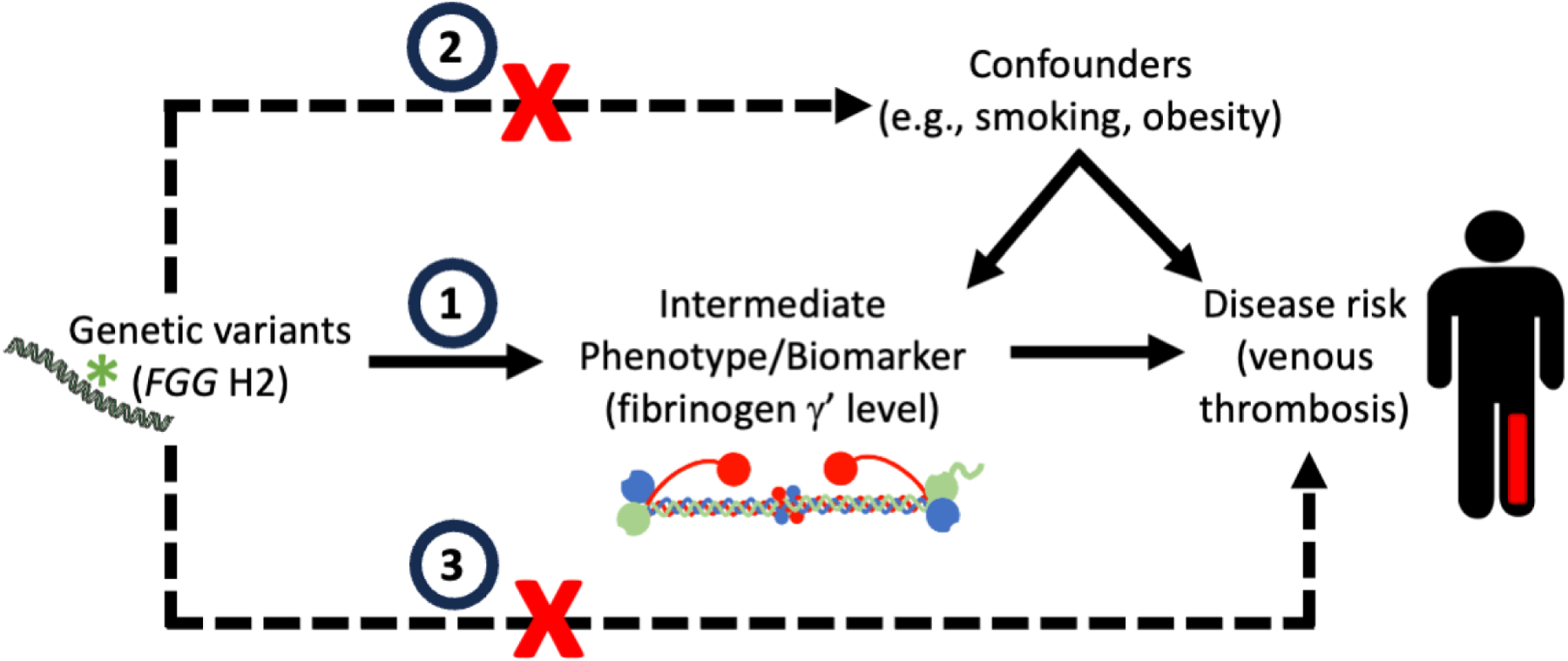Figure 5. Principle of Mendelian randomization applied to the fibrinogen FGG H2 haplotype.

Mendelian randomization relates genetic polymorphisms (e.g., FGG H2 haplotype), intermediate phenotypes (e.g., fibrinogen γʹ level), and clinical disease (e.g., venous thrombosis). Mendelian randomization requires three assumptions: 1) The genetic variant (“instrument”) acts on the intermediate phenotype (“exposure”/biomarker) (e.g., the FGG H2 haplotype determines the fibrinogen γʹ level), (2) The genetic variant does not cause confounding mechanisms (e.g., presence of the FGG H2 haplotype does not influence lifestyle choices that alter disease risk), and 3) the genetic variant mediates its effect solely via the intermediate phenotype and is not independently associated with the disease outcome (e.g., the FGG H2 haplotype does not cause venous thrombosis through a γʹ-independent mechanism). If all of these assumptions are met, genetic variants can be used in well-phenotyped populations with randomized genotypes to demonstrate causal associations between intermediate phenotypes and disease.
